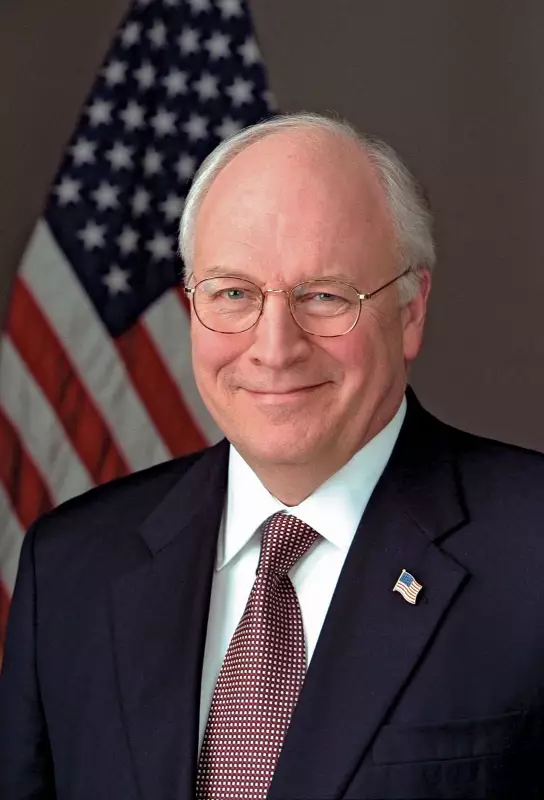
The political world is mourning the loss of Richard Bruce "Dick" Cheney, the 46th Vice President of the United States, who has passed away at the age of 84. The influential Republican statesman served under President George W. Bush from 2001 to 2009, leaving an indelible mark on American politics during one of the nation's most turbulent periods.
A Storied Political Career
Dick Cheney's political journey spanned decades, beginning long before his vice presidency. He previously served as White House Chief of Staff under President Gerald Ford and as Secretary of Defense during the George H.W. Bush administration, where he oversaw Operation Desert Storm in 1991.
During his eight years as vice president, Cheney became known as one of the most powerful and influential vice presidents in American history. His tenure was defined by several key events:
- The September 11, 2001 terrorist attacks
- The wars in Afghanistan and Iraq
- The creation of the Department of Homeland Security
- The 2008 financial crisis
Health Challenges and Legacy
Cheney had a long history of heart problems, suffering his first heart attack at just 37 years old. Over the years, he underwent multiple heart surgeries and received a heart transplant in 2012. Despite these health challenges, he remained active in political commentary and authored several books after leaving office.
His political legacy remains complex - praised by conservatives for his strong national security stance but criticized by others for his hawkish foreign policy views and the Iraq War. Cheney was a central figure in shaping America's response to terrorism and redefining the role of the vice presidency.
The news of his passing has sparked reactions from across the political spectrum, with many acknowledging his significant impact on American politics and foreign policy. Details about memorial services and funeral arrangements are expected to be announced by his family in the coming days.





